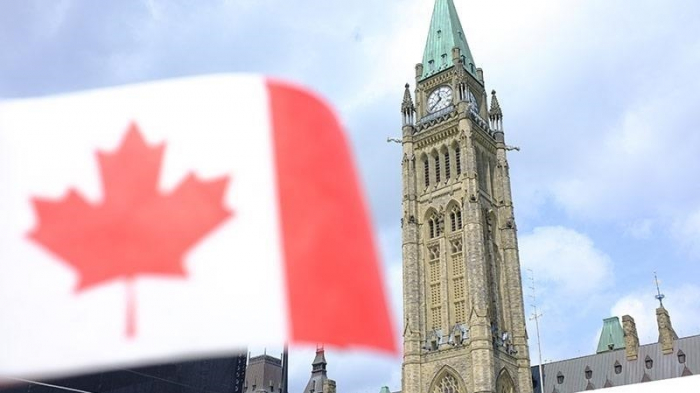The strike could severely interrupt an array of government services.
The union said the strike was called after an agreement was not reached by 9 p.m. Tuesday. The workers, who represent a sizeable portion of federal employees, were in a legal strike position last week.
Wages are the main issue. Most of the striking employees earn from CAN$40,000 to CAN$65,000 annually. The last publicly announced union demand included 4.5% retroactive wage increases for 2021 and 2022 and the same amount in 2023. The government offered 9% in total over the three years.
"We are still a ways apart, but we're staying at the table because we're still hopeful, and our goal is still to get to a tentative agreement," said PSAC National President Chris Aylward.
"Our members are prepared to fight for a good, decent, fair collective agreement."
Ottawa drew up a list of 23 departments and agencies that will be affected by the job action.
According to the federal government, here are some of the departments that will be affected, although at this time no one can predict to what degree:
– Immigration, Refugees and Citizenship. There will be delays in processing applications and passport services;
– Global Affairs: Consular services, as well as funding to Canadian and international partners in support of poverty reduction, peace and security and other global issues.
– Canada Border Services Agency. The government said it was expected that border services for travelers and businesses would be maintained, but that could change as more is learned about the effect of the strike on the department.
More about:
















































